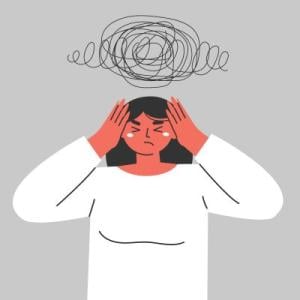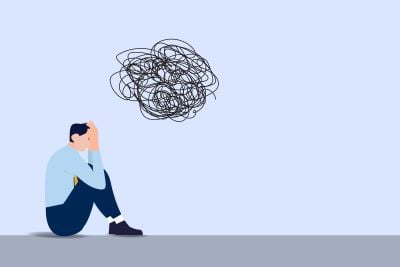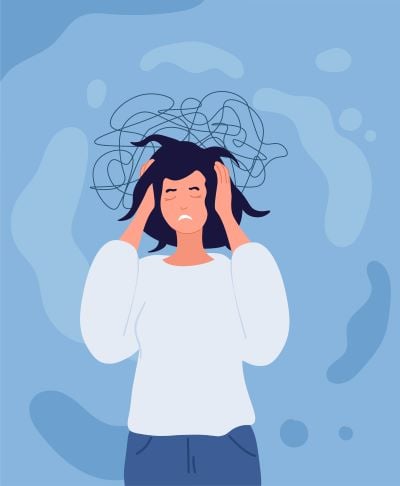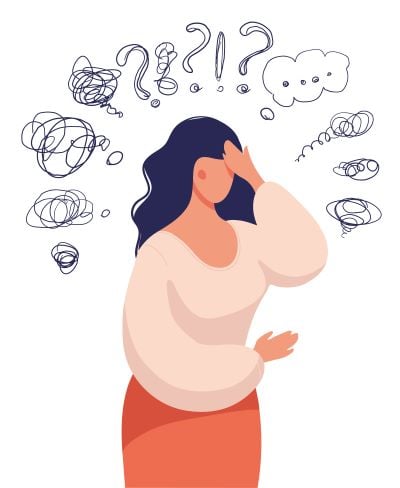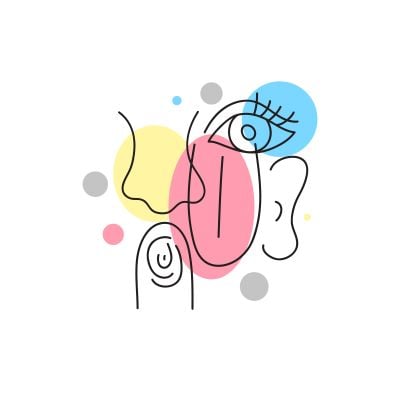
January 19, 2024
Kristina Orlova, LMFT
and
Carl Robbins, MSEd, MS, LCPC
and
Nathaniel Van Kirk, PhD
and
Stephanie Woodrow, LCPC, NCC
and
In this webinar, three OCD specialists will discuss considerations in whether to self-disclose, how much to tell, the experiences they’ve had from their decision, and things they didn't think to consider before self-disclosing.
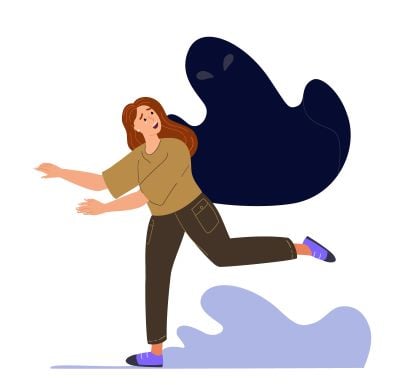
November 8, 2023
Martin Seif, PhD, ABPP
and
Sally Winston, PsyD
and
There is a lot of misinformation out there about intrusive thoughts. Here is your opportunity to ask Drs. Martin Seif and Sally Winston, authors of a bestselling self-help book about them.


